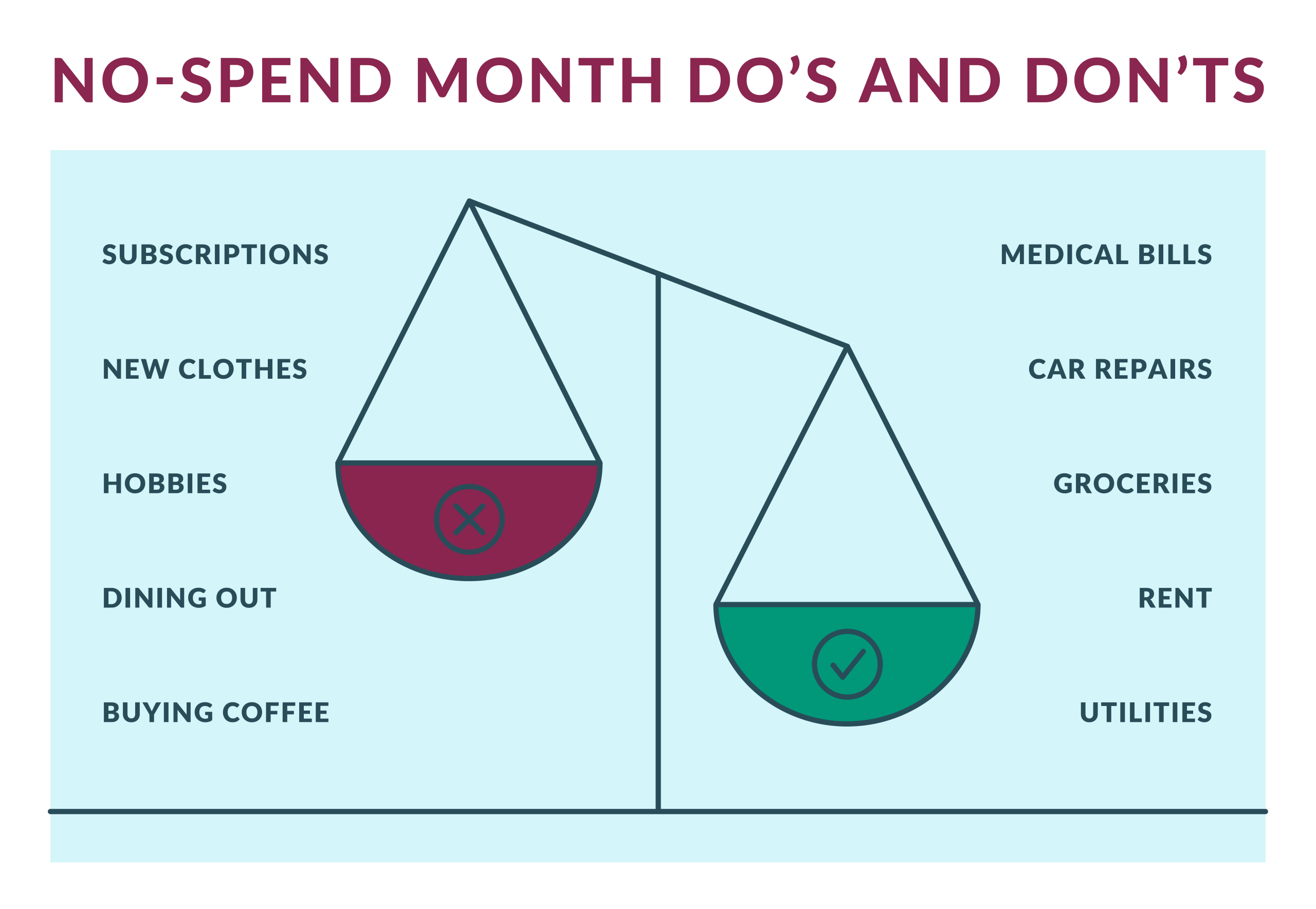Anúncios
A credit card refunds is a process that allows the consumer to recover the value of a purchase made with a card, whether due to dissatisfaction with the product or service, billing errors, or other legitimate reasons.
This process is common in the United States and may seem complicated for those unfamiliar with it, but understanding how it works is crucial to protect consumer rights.
In this content, we’ll walk you through how to request a credit card refund, how long it takes, the differences between refunds and chargebacks, and what to do if there are problems with the merchant.
We will also answer potential questions, such as whether refunds affect credit scores and what happens to rewards from a refunded purchase. Enjoy reading!
How does a credit card refund work?
When you make a purchase with your credit card and, for some reason, want to return the item or cancel the service, the credit card refund process comes into play.
A refund occurs when the merchant returns the full or partial value of a purchase to the customer.
This can be requested for various reasons, such as a defective product, delayed delivery, or simply canceling the purchase.
When requesting a refund, the amount spent is credited back to the credit card used for the original purchase. However, this process varies depending on the merchant’s policy, the card operator, and the reason for the refund.
Therefore, some merchants have more flexible policies, while others require more specific conditions to accept the return and process the refund for the customer.
How to request a refund to my credit card?
To request a credit card refund, you generally need to follow a few simple steps, which depend on the company or product purchased. Check out some of the most common steps:
- Check the merchant’s policy: Before requesting a refund, consult the return policy of the store or service where you made the purchase. Many companies have a specific period to accept returns, such as 10, 30, or 60 days. Also, check if there is any special procedure for returns.
- Contact the merchant: The first step is always to try to resolve the situation directly with the merchant. Explain why you’re requesting the refund and provide purchase information such as the date, amount, and order number. Often, the merchant will process the refund without major complications.
- Return the product, if applicable: In some cases, you may need to return the product before the credit card refund is processed. Be sure to follow the merchant’s instructions and always keep the return receipt.
- Wait for confirmation: Once the merchant processes the refund, you should receive confirmation via email or in your online account. The amount will appear as a balance on your credit card statement, and the original purchase transaction may be adjusted or removed.
- Contact the card issuer if necessary: If the merchant refuses to process the refund, you can contact your credit card issuer to dispute the charge. This is known as a chargeback, and it results in a refund if it is proven that the charge was invalid.
Does the credit card refunds transaction take time?
Yes, processing a credit card refund can take some time. The period for the amount to appear on your statement depends on several factors, including the merchant’s policies, the card operator, and the issuing bank.
In general, a refund can take between 3 and 14 business days to be completed. However, there are cases where the entire return process may take even longer.
For example, if the merchant needs to verify the returned product or conduct an internal investigation, this increases the waiting time. Holidays and weekends also affect processing time.
If the credit card refund does not appear after the specified time, it is advisable to contact both the merchant and the card operator to check the status.
Differences between a refund and a chargeback
Many people confuse a credit card refund with a chargeback. While both terms refer to a return of money, there are specific differences between them:
- Refund: A refund is a process initiated by the merchant when you return a product or cancel a service amicably.
The amount spent is credited back to your credit card, and the original transaction remains on your statement, with a credit equivalent to the refund.
- Chargeback: A chargeback is a process initiated by the cardholder directly with the card operator, usually when the merchant refuses to offer a refund or when there is an incorrect charge.
In this case, the operator investigates the claim, and if it is valid, the amount is removed from the merchant’s account and returned to the customer.
What to do if a merchant refuses to grant a refund?
Have you requested a credit card refund, and the merchant refuses to process it? In this tricky situation, you have a few options:
- Check your rights: In the United States, your rights are protected by the Fair Credit Billing Act (FCBA) in cases of incorrect charges. If the purchase was made online, it’s also possible to resolve the dispute through payment platforms like PayPal or other payment services.
- Request a chargeback: If the merchant does not cooperate, you can open a dispute with the card operator. This process can take longer but often results in a credit card refund if the operator rules in your favor.
- Document everything: Keep all emails, receipts, and any proof that you tried to resolve the issue directly with the merchant. This will help in the chargeback process or any future legal action.
Does a credit card refund affect your credit score?
A credit card refund does not affect your credit score. Since the purchase amount is credited back, the impact on your credit utilization is minimized.
If your refund is part of a more complex dispute, such as a chargeback, this could affect how the debt is reported, though it rarely impacts the credit score in the long term.
However, it’s essential to ensure that the amount is correctly recorded, returned on your statement, and that you continue making your card payments on time, even during the refund process.
What happens to rewards from a refunded purchase?
A common question among consumers is what happens to rewards, such as loyalty points or cashback, from a refunded purchase. The answer depends on the card issuer’s policies.
In many cases, if you received rewards for a purchase that was later refunded, those rewards will be removed from your account. Since you technically didn’t complete the transaction, the rewards are not kept.
For example, if you earned 100 points for a purchase and later requested a credit card refund, the points are deducted from your account. Similarly, any cashback earned is subtracted when the refund is processed.
Credit card refunds are a very useful tool for consumers in the United States, providing the security of recovering money in cases of problematic purchases.
Although the process may vary in terms of deadlines and conditions, understanding how it really works and what to expect from this banking service helps avoid unpleasant surprises.
Pay attention to refund policies, understand the differences between chargebacks and refunds, and if necessary, exercise your rights and ensure that your money is correctly returned.
Take advantage of our tips and always stay well-informed about your financial life. Also, read our article that explains everything about cash advances with credit cards!






